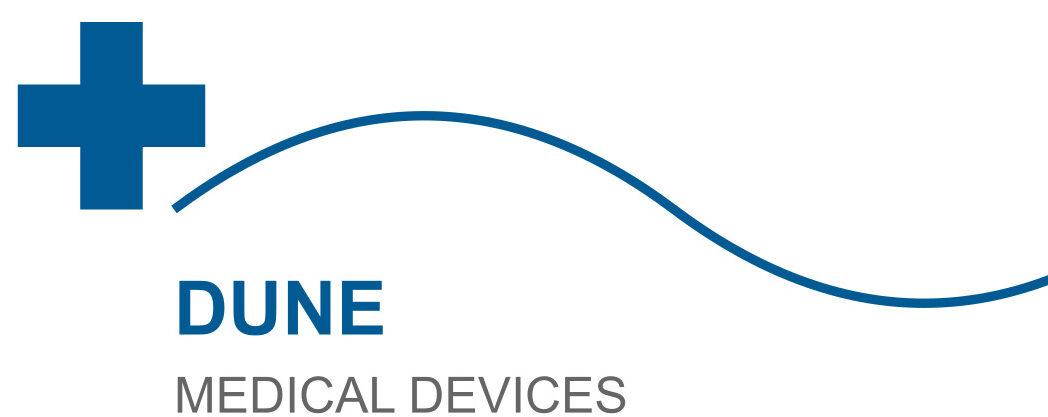“`html
Testosterone & Fat Loss: How It Affects Cavitation
Understanding the relationship between testosterone and fat loss is crucial for optimizing body contouring treatments like cavitation. Hormonal imbalances, particularly low testosterone levels, can significantly impact fat metabolism and treatment efficacy. This page explores how testosterone influences cavitation results and what men can do to enhance their outcomes.
The Role of Testosterone in Fat Metabolism
Testosterone is a key hormone in regulating fat distribution and metabolism, especially in men. Higher testosterone levels are associated with reduced fat storage, particularly in the abdominal region, and improved muscle mass. This hormonal balance is essential for effective fat breakdown during cavitation treatments.
Low testosterone, on the other hand, can lead to increased fat accumulation and slower metabolic rates. This makes it harder for cavitation to target and eliminate fat cells efficiently. For men struggling with stubborn fat, addressing [hormonal factors](hormonal-factors) may be necessary to achieve optimal results.
Key Effects of Testosterone on Fat:
- Enhances lipolysis (fat breakdown)
- Reduces visceral fat storage
- Improves insulin sensitivity
How Cavitation Works Alongside Testosterone
Cavitation is a non-invasive fat reduction treatment that uses ultrasound waves to disrupt fat cells. While the procedure is effective on its own, its success can be influenced by hormonal health. Testosterone supports the body’s ability to metabolize and eliminate the disrupted fat cells post-treatment.
Men with balanced testosterone levels often experience faster and more noticeable [male-results](male-results) from cavitation. Conversely, those with hormonal imbalances may require additional sessions or complementary therapies to achieve their desired outcomes.
Factors Enhancing Cavitation Results:
| Factor | Impact |
|---|---|
| Optimal Testosterone Levels | Faster fat metabolism and better contouring |
| Regular Exercise | Boosts testosterone and fat loss |
| Balanced Diet | Supports hormonal health and recovery |
Improving Testosterone for Better Fat Loss
For men looking to maximize cavitation results, optimizing testosterone levels is a strategic approach. Lifestyle changes such as strength training, adequate sleep, and stress management can naturally boost testosterone production.
In some cases, medical interventions like testosterone replacement therapy (TRT) may be recommended. However, it’s essential to consult a healthcare provider before making any hormonal adjustments. Combining these strategies with cavitation can lead to more sustainable fat loss and improved body composition.
Frequently Asked Questions (FAQ)
Does low testosterone affect cavitation results?
Yes, low testosterone can slow fat metabolism, making cavitation less effective. Addressing hormonal imbalances may improve outcomes.
Can cavitation boost testosterone levels?
Cavitation itself doesn’t increase testosterone, but fat loss from the treatment may help improve hormonal balance indirectly.
How long does it take to see cavitation results in men?
Results vary, but men with healthy testosterone levels often notice changes within 2-4 weeks post-treatment.
Conclusion
Testosterone plays a pivotal role in fat loss and the effectiveness of cavitation treatments. By understanding and addressing hormonal influences, men can achieve better and longer-lasting results. For personalized advice, explore our resources on [male-results](male-results) and [hormonal factors](hormonal-factors).
“`
